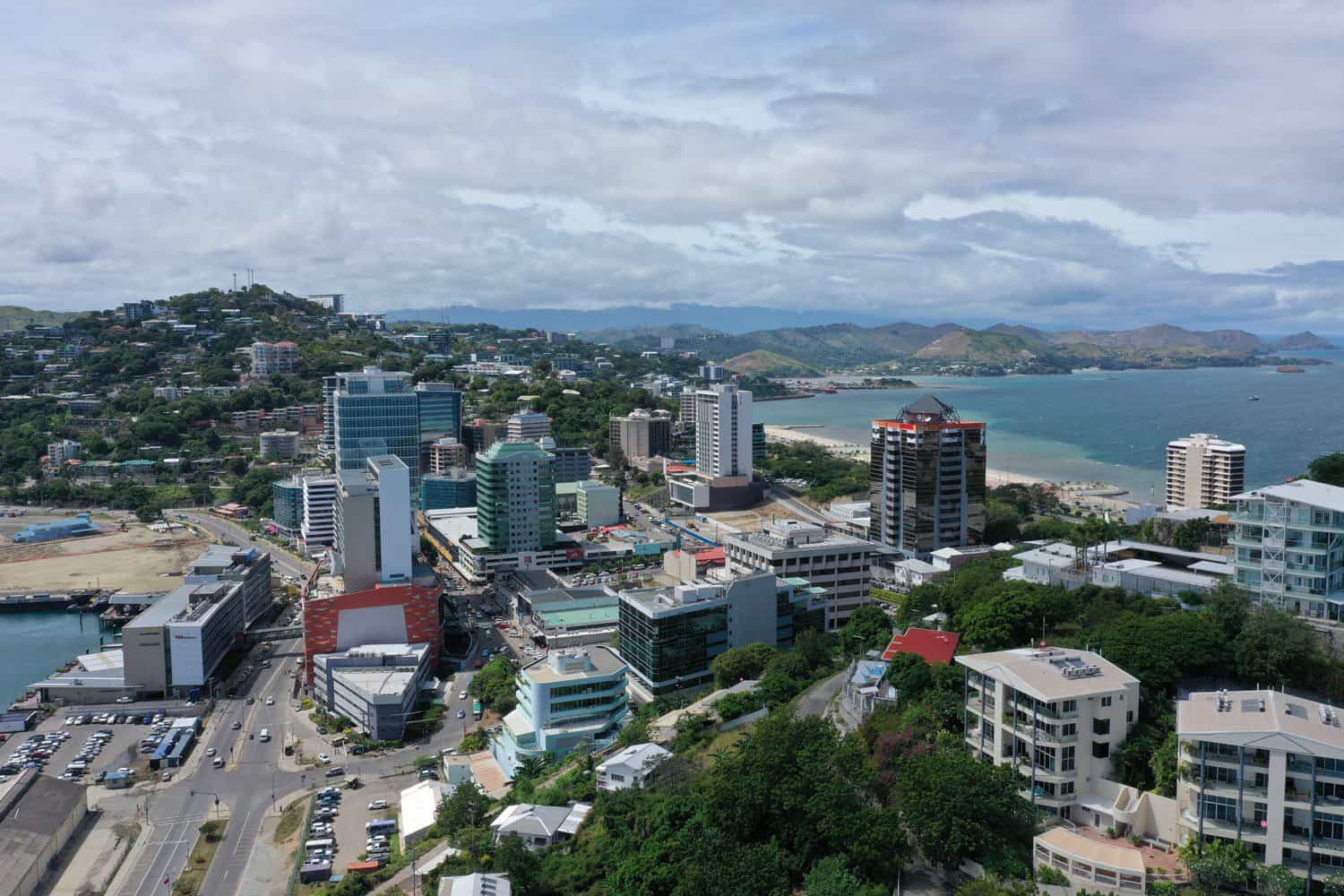The World Bank has urged the largest Pacific Island nation, Papua New Guinea, to address a “human capital crisis” and invest more in educating children, who suffer high rates of stunted growth and illiteracy, as a way to boost economic growth and security.
An annual economic update for Papua New Guinea (PNG) released on Thursday shows economic growth was a modest 2.7 percent last year, half the previous year, because of delays in the reopening of the Porgera gold mine and lower liquefied natural gas production.
To free PNG from dependence on the resources sector, the report urged more investment in people.
PNG had a “human capital crisis2 where nearly half of children show stunted growth which affects brain development, the fifth highest rate globally, and 70 percent of Grade 5 students are not reading at grade level after starting school late, it said.
The report recommended the government provide text books and toilets for schools, which lacked basic materials, and noted many children are too hungry to learn.
Absenteeism by poorly trained teachers impacted classroom learning, and could be overcome by providing structured lesson plans.
World Bank education specialist Lars Sondergaard said in an interview with Reuters the same problems were seen in PNG’s urban communities and remote rural villages.
It is hard to build economic growth when children are leaving school too early and are not a productive force, he said.
“The message here is, you’ve got to get the foundations right and you have to start urgently,”” he said.
The number of 20-24 year olds would boom from 830,000 to 1.2 million by 2050, he said.
PNG has an official population of 9 million and experienced riots in the capital Port Moresby in January which destroyed some businesses.
PNG struck a deal with Australia to fund a boost in police numbers, has a defence pact with the United States to upgrade ports and airports, and also wants to increase trade with China.
“In a society with a high degree of violence and crime, having a ‘youth bulge’ population, without the stabilising anchor of participating in training, in education, or in employment, would put future development at risk,” the report said.
Education was a key ingredient in “creating more peaceful, prosperous and trusting societies”, added Sondergaard.
World Bank education specialist Joy Wong said spending per student had fallen 20% over the past decade, as the number of students and schools grew.
“More resources need to be allocated,” she said.
